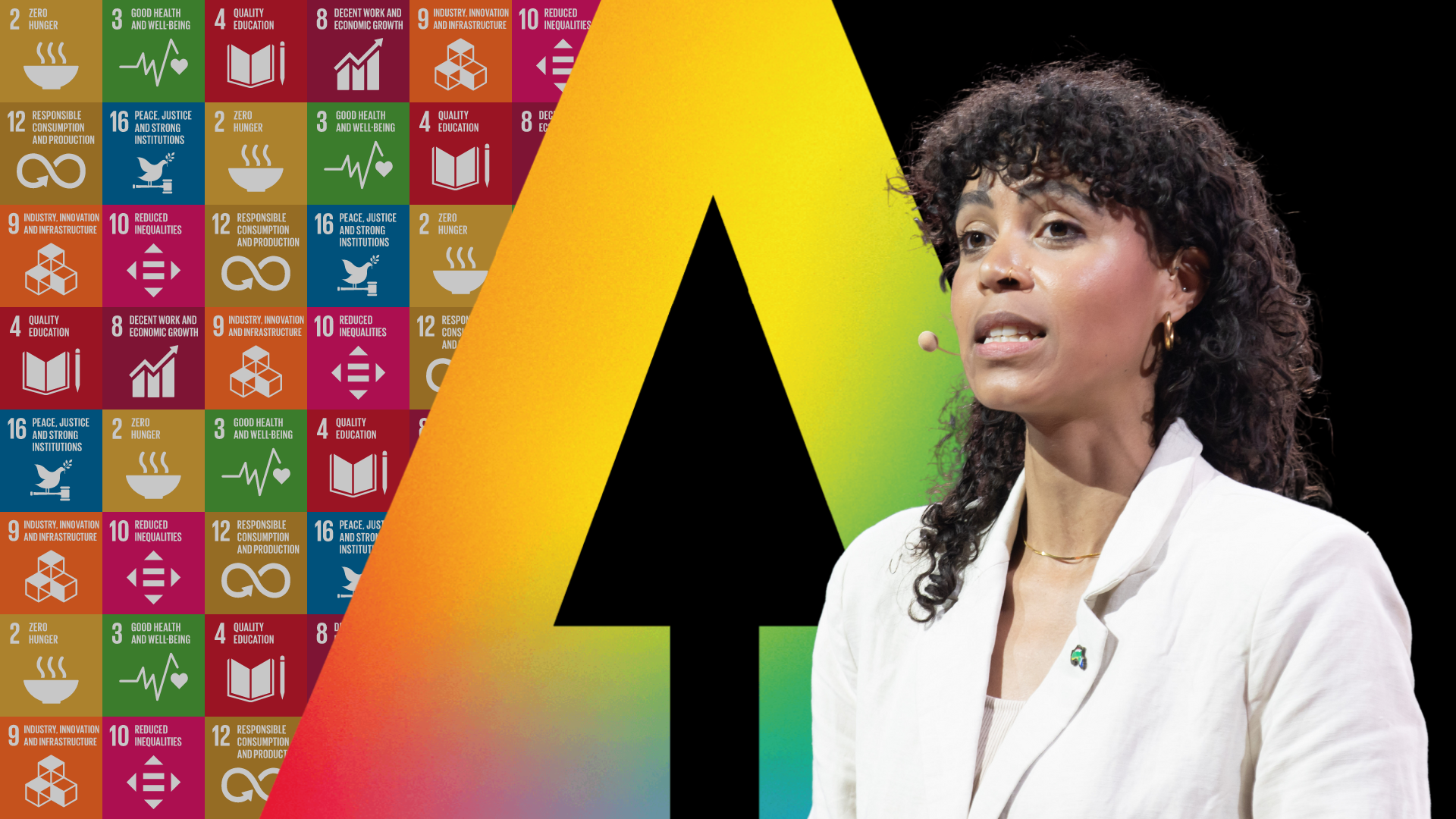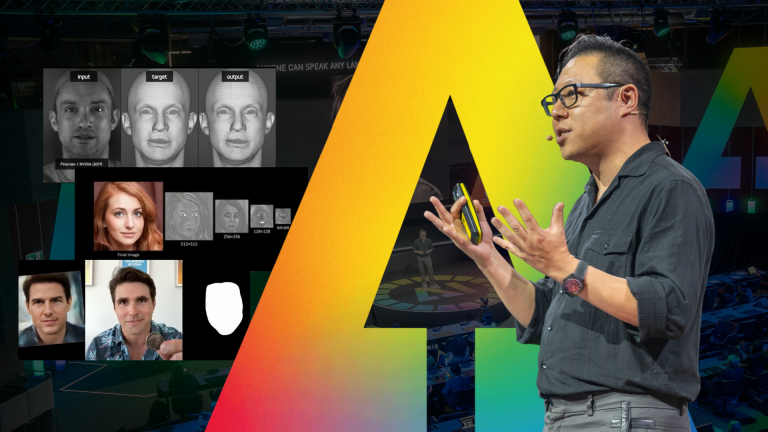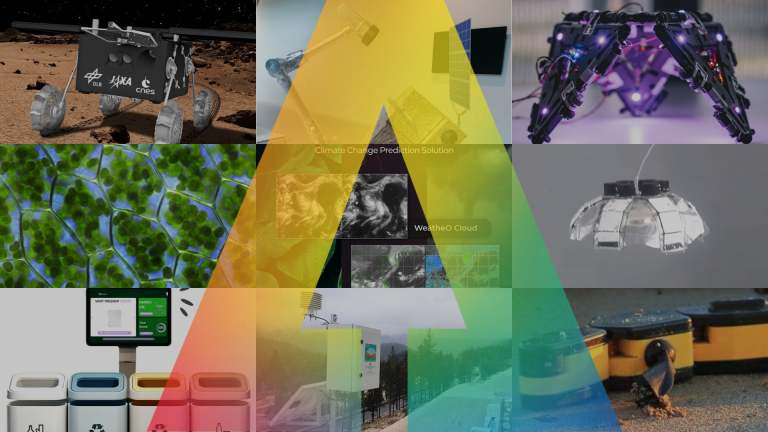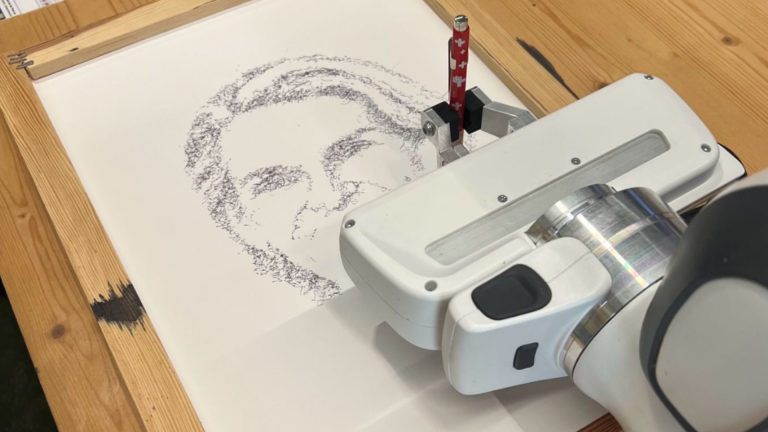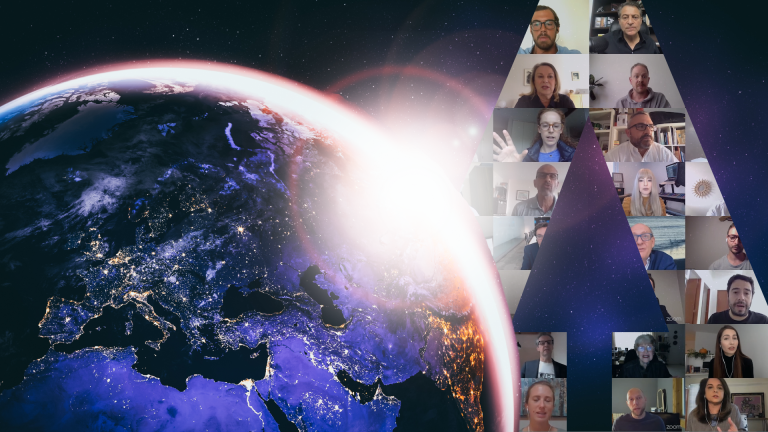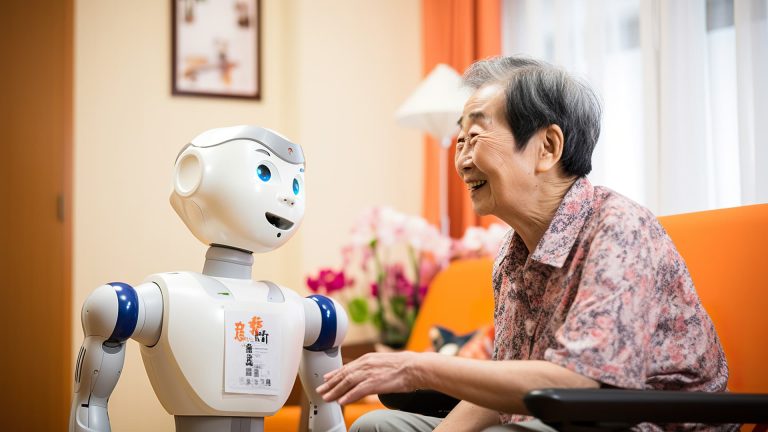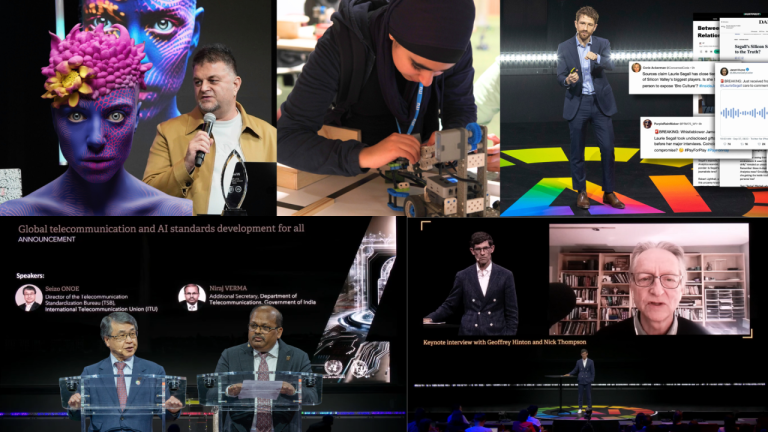Transforming Africa: Pelonomi Moiloa’s Inspiring Vision for Language Technology
By Rukevwe Omoro, edited by Celia Pizzuto
During the 2024 AI for Good Global Summit, Pelonomi Moiloa, CEO of Lelapa AI, presented an engaging session titled “Organizing African Talent to Move Humanity Forward: Language Technology for Africa.” Her discussion underscored the vital need to dismantle language barriers within technology to promote genuine development across Africa and the larger Global South.
Moiloa began her session by encouraging the audience to participate in a reflective exercise, asking them to raise their hands if they had ever altered their voice or accent to be understood by AI. As hands slowly fell, she unveiled a stark truth: for some, the struggle to communicate effectively with technology might seem trivial, yet for numerous individuals globally, this hurdle can severely restrict access to opportunities and engagement within the digital economy.
“We have a severe problem in terms of equity and equality access to technology,” Moiloa emphasized.
The Challenges of African Languages
Framing the “African language problem” as a major impediment to technological equity, Moiloa pointed out that English predominates the technology landscape, excluding many Africans who do not speak it or other prevalent languages like Portuguese and French. This exclusion leaves crucial digital services out of reach for many.
She made it clear that this language barrier extends beyond technology alone; it represents a significant developmental challenge.
“AI technology can really help us leapfrog developmental challenges, but it’s just not possible until we solve this language problem,” she affirmed.
Innovating for African Languages
Moiloa introduced the African AI Network, which encompasses leading labs across the continent, vibrant tech communities, and grassroots research initiatives. This network is poised to drive collaborative research and develop solutions rooted in African languages. Within this framework, Lelapa AI, co-founded by Moiloa, is dedicated to creating technology that empowers Africans to engage digitally in their native tongues. She showcased their unique strategy of utilizing smaller, more efficient models, rather than expansive language models (LLMs). “In our case, the L in LLM stands for little rather than large,” she quipped, highlighting that their models require considerably less data and computational resources while delivering impressive performance. Lelapa AI’s remarkable initiatives have already produced 19 models and three products capable of facilitating communication in eight African languages, collectively impacting 520 million people. These models are crafted to be accessible and cost-effective, specifically addressing the challenges faced in low-resource situations.
A Call to Action for Collaboration and Support
Moiloa wrapped up her session by issuing a clarion call for collaboration and support in crafting technology that embraces African languages. She stressed the necessity of co-creation with local communities to devise effective solutions, asserting that understanding individual needs is crucial for success. Additionally, she highlighted the urgent need to democratize access, contending that open-source models are inadequate without requisite backing for data generation and computational infrastructure. Moiloa further advocated for the support of content creation, ensuring that online information is available in the languages understood by end users. She concluded by underscoring the importance of focusing on smaller, targeted models capable of efficiently solving specific challenges without the high resource demands often associated with larger models.
In her closing remarks, Moiloa left the audience with a profound reminder rooted in the African philosophy of Ubuntu: “If you want to go fast, go alone. But if you want to go far, go together.”
Pelonomi Moiloa’s vision for language technology in Africa goes beyond eliminating barriers; it’s about generating opportunities for millions to engage in the digital economy. Her message is unmistakable: the future of AI and technology must be inclusive, and it begins with addressing the language dilemma.
How can we, as a global community, ensure that technology serves everyone, regardless of the language they speak?
